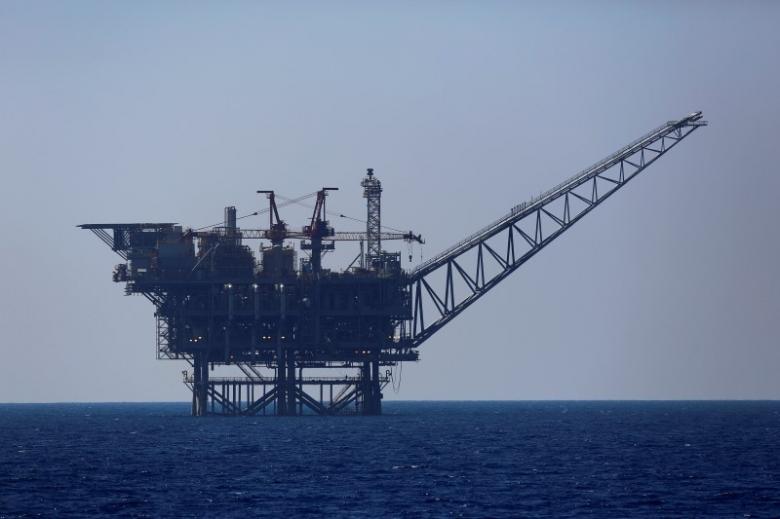Tel Aviv – Following the failure of the Washington-led negotiations between Beirut and Tel Aviv over an oil- and gas-rich maritime area, Israel took a unilateral decision to annex the disputed “maritime triangle” as part of its own territory.
Local Israeli media reported that the decision followed years of delaying the ruling on Israel’s maritime border, partially due to efforts by the United States and the United Nations to mediate between Israel and Lebanon.
The dispute is over an 800-square-kilometer triangular maritime area, which both countries are claiming they have the right to extract oil and gas from.
Lebanese authorities asserted that the disputed triangle falls within Lebanon’s Exclusive Economic Zone, and threatened to take Israel to international courts for stealing its natural resources. In response, Israel announced that the area falls under its sovereignty.
International law stipulates that dividing territory between states that reside near the same maritime area should be done through mutual agreement and should be based on a “halfway point” between the two countries.
The new Lebanese government recently published a tender to search for natural resources in the disputed area, as Israel began drilling operations in an another area that Lebanon considers part of its territories.
In response, Israel began promoting a bill that aims to define the maritime triangle within the Israeli maritime territory.
Upon a green light of Israeli Prime Minister Benjamin Netanyahu, Energy Minister Yuval Steinitz has launched measures to annex the disputed area to Israel’s Economic Zone.
Local Israeli media said that Steinitz agreed with Minister of Environmental Protection Ze’ev Elkin over what government body would have the authority over the area, eventually giving it to the Ministry of Energy.
It added that after the Israeli cabinet’s approval of the new agreements, the country would launch an international tender for oil and gas exploration.
